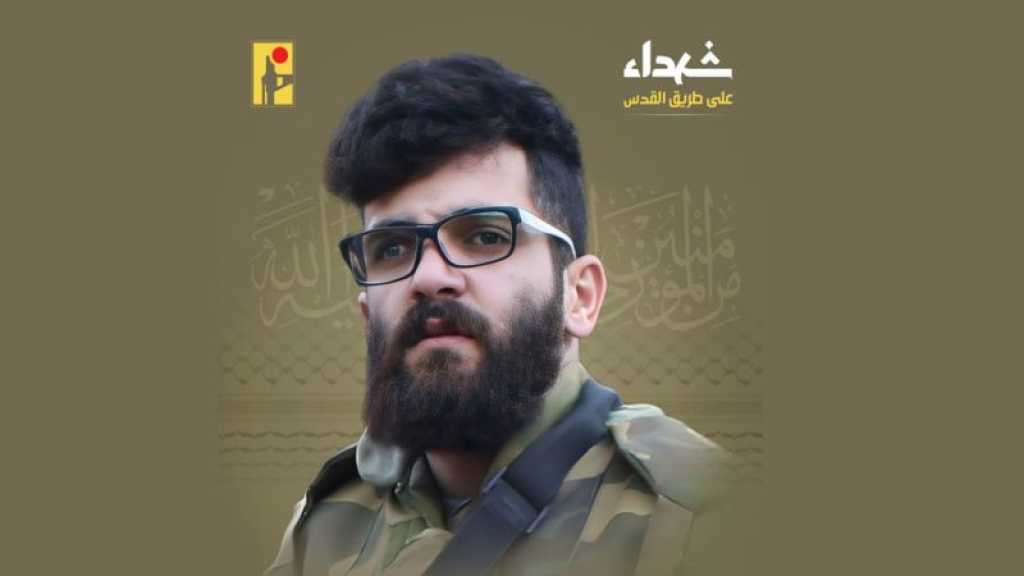
Washington Post: Secret Recordings Give Insight into Saudi Attempt to Silence Critics

Local Editor
In the aftermaths of the murder of Saudi dissent journalist Jamal Khashoggi, The Washington Post reported that Omar Abdulaziz hit record on his phone and slipped it into the breast pocket of his jacket, he recalled, taking a seat in a Montreal cafe to wait for two men who said they were carrying a personal message from Saudi Crown Prince Mohammed bin Salman.
When they arrived, Abdulaziz, a 27-year-old Saudi opposition activist, asked why they had come all the way to Canada to see him.
“There are two scenarios,” one of the emissaries said, speaking of Abdulaziz in the third person. In the first, he can go back home to Saudi Arabia, to his friends and family. In the second: “Omar goes to prison.”
Which will Omar choose? They asked.
To drive home what was at stake, the visitors brought one of Abdulaziz’s younger brothers from Saudi Arabia to the meeting. Abdulaziz appealed to his brother to keep calm.
The clandestine recordings — more than 10 hours of conversation — were provided to The Washington Post by Abdulaziz, a close associate of the missing Saudi journalist Jamal Khashoggi. They offer a chilling depiction of how Saudi Arabia tries to lure opposition figures back to the kingdom with promises of money and safety. These efforts have sharply escalated since Mohammed became crown prince last year, rights groups say.
Several of Khashoggi’s friends said that senior Saudi officials close to the crown prince had contacted him in recent months, even offering him a high-level job working for the government if he returned to the kingdom. He said he didn’t trust the offer, fearing it was a ruse.
According to US intelligence intercepts of Saudi officials, Mohammed had ordered an operation to lure Khashoggi back to Saudi Arabia from his home in Virginia and then detain him.
Abdulaziz, who has asylum in Canada, said he had been working on several projects with Khashoggi that may have given the Saudi leadership more reason to want him out of the way.
Khashoggi had sent him $5,000 for a project they called “the bees” — an initiative to build an online “army” inside Saudi Arabia to challenge pro-government trolls on the Internet. The pair were also working on a short film, a website tracking human rights and a pro-democracy project, Abdulaziz said.
This work was supposed to be secret. But Abdulaziz said he was targeted by Saudi spyware this summer. “They had everything,” he said. “They saw the messages between us. They listened to the calls.”
In the recording made by Abdulaziz, the two visitors say repeatedly that they come personally from the crown prince. They also mention that they were working on orders from Saud al-Qahtani, a top strategist and enforcer for Mohammed.
It was Qahtani who Khashoggi told friends called him in the months before his disappearance, urging him to end his self-imposed exile and return to Saudi Arabia.
Abdulaziz originally left Saudi Arabia in 2009 to study in Canada, he recalled. He built a Twitter following during the Arab Spring and then, while at McGill University, he started a popular YouTube show known for criticizing and satirizing the Saudi leadership. He gained permanent residency in Canada in 2014.
Abdulaziz and Khashoggi struck up a friendship after the Saudi journalist moved to Washington in the summer of 2017.
Source: Washington Post, Edited by website team



